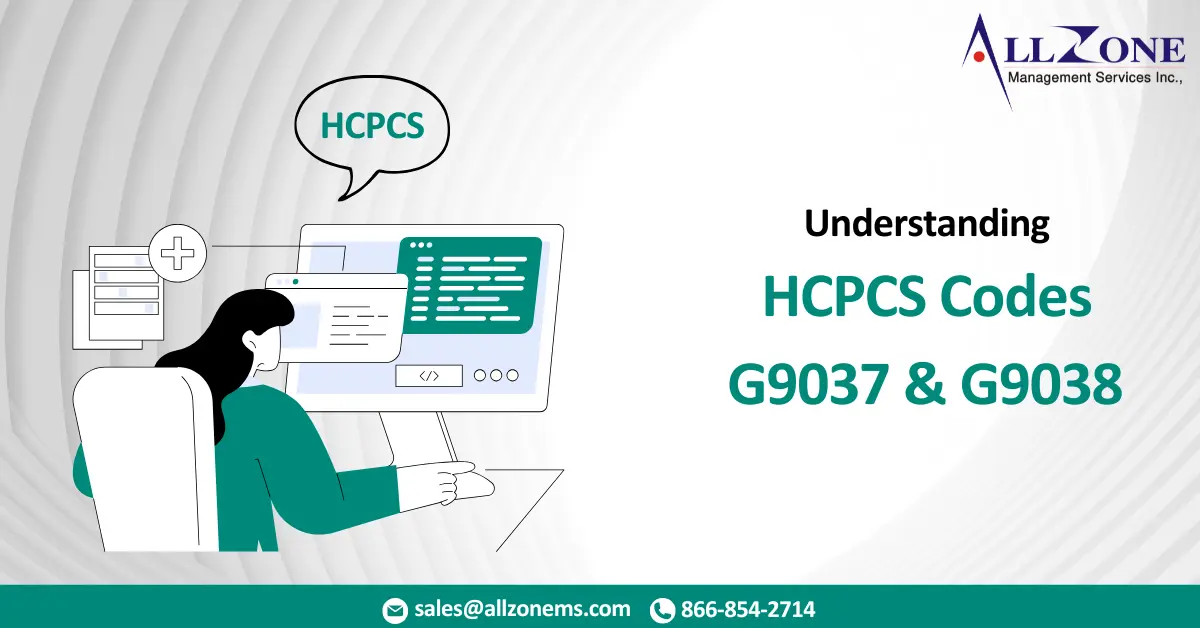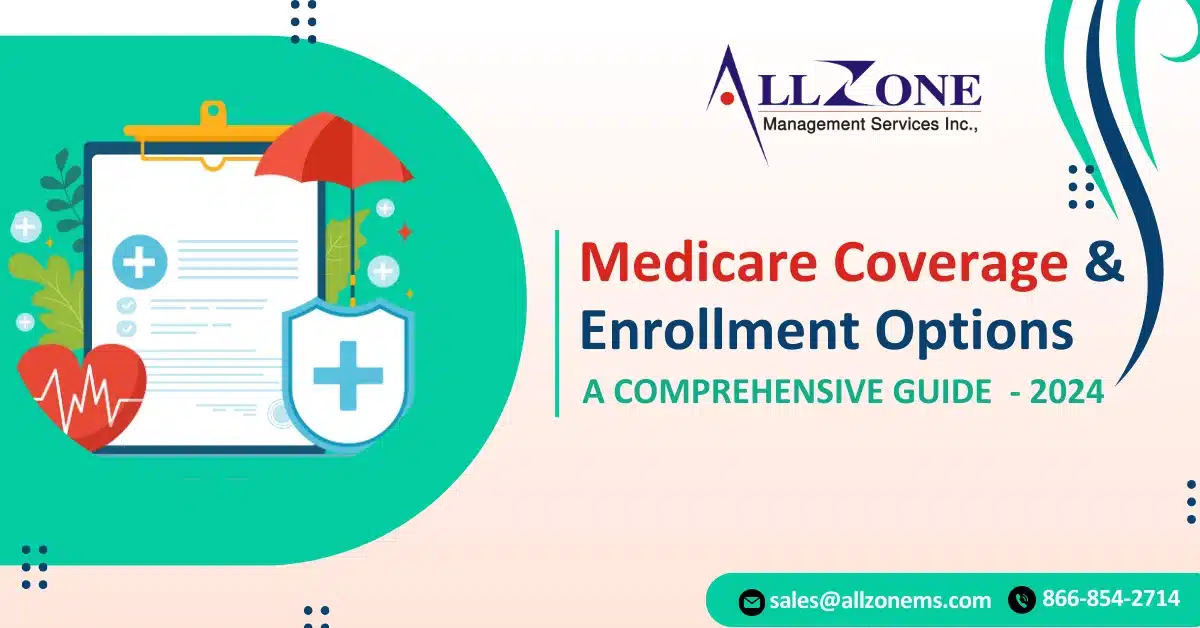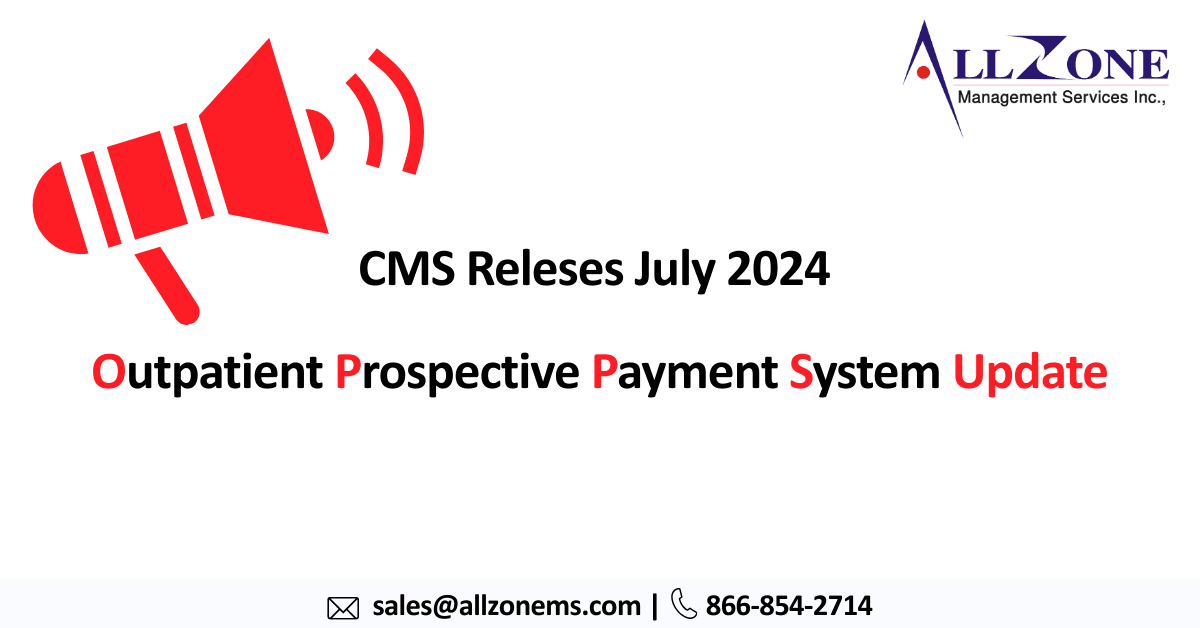The landscape of healthcare policy in the United States has recently been shaken by an executive order issued by the U.S. President, introducing significant potential shifts, particularly concerning Gender-Affirming Care Coding. This has ignited widespread concerns about insurance coverage, general medical coding practices, and compliance obligations for hospitals and healthcare facilities nationwide. On January 28th, […]
Urology practices face unique challenges when it comes to billing and coding. The complexity of urological procedures, coupled with ever-changing coding guidelines, can lead to costly errors, claim denials, and revenue loss. Accurate and efficient billing is crucial for the financial health of any urology practice. This blog post will delve into common urology billing […]
Prior authorization, the requirement for pre-approval from your insurer for certain services, is a common practice in both Original Medicare and Medicare Advantage (MA) plans. While it helps manage utilization and costs, it can also be frustrating, especially when a request is denied. A 2023 study by health policy research revealed the increasing prevalence of […]
Clinicians participating in the Making Care Primary (MCP) model now have access to two new HCPCS Level II codes, HCPCS Codes G9037 and G9038, introduced in fiscal year (FY) 2024. These codes expand the scope of interprofessional consultation services, allowing primary care providers (PCPs) to bill for time spent collaborating with specialists. The MCP Model: […]
Claim denials are a significant headache for healthcare providers, impacting revenue and administrative efficiency. While denials can stem from various issues, a large majority are rooted in documentation errors, particularly those related to demonstrating medical necessity. Defining Medical Necessity: The American Medical Association (AMA) defines medical necessity as healthcare services or products provided to a […]
Medicare coverage is the federal health insurance program for Americans 65 and older, as well as younger individuals with long-term disabilities. It covers a wide range of medical services, including hospitalizations, doctor’s visits, prescription drugs, and specialized care like skilled nursing, home health, hospice, and preventive services There are two primary ways to receive Medicare […]
Medicare, the federal health insurance program for people aged 65 and older, has been at the forefront of healthcare innovation. In recent years, telehealth has emerged as a powerful tool, transforming the way healthcare services are delivered. As technology continues to advance, the future of Medicare telehealth looks increasingly promising. Telehealth: A Brief Overview Telehealth, […]
With the proliferation of quality measures in value-based contracts, many primary care physicians feel overwhelmed and set up to fail. Research conducted at the healthcare system shows that these clinicians are inundated with an excessive number of quality metrics, often leading to administrative burdens and reduced patient care. One of the primary criticisms of value-based […]
A new study by the health care system reveals a significant gap in consumer healthcare rights. Despite attempts to curb surprise medical bills, a large portion of insured Americans are still receiving unexpected charges. Adding to this problem is the high rate of coverage denials, leaving patients with substantial out-of-pocket costs and causing financial hardship […]
The CMS Releases July 2024 OPPS Update (reference: CMS Change Request CR13632, MLN Matters number MM13632). Here’s a summary of key changes: New Coverage for COVID-19 Pre-Exposure Prophylaxis: Drug: PEMGARDA (pemivibart) – Code: Q0224 (Note: This code is not reimbursed under OPPS, but at a “reasonable cost”) Administration: Code: M0224 (Covered: Receives separate payment under […]










